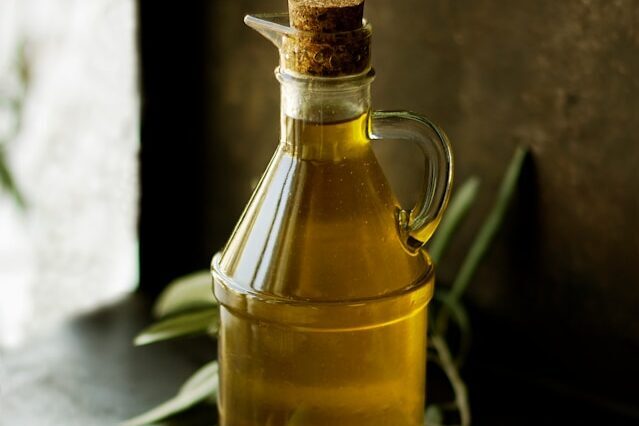Extra-virgin olive oil holds onto most of its nutrients under 375°F but may lose flavour when overheated
For decades, olive oil has reigned as a kitchen staple praised for its heart-healthy properties. But many home cooks still ask: does heating olive oil destroy its health benefits? According to certified food scientist Jessica Gavin, the answer isn’t so simple—but it’s not all bad news either.
“Extra-virgin olive oil is among the healthiest fats you can use,” says Gavin. It’s packed with monounsaturated fats like oleic acid, known to support heart health, lower inflammation, and even reduce the risk of diseases such as type 2 diabetes and certain cancers. That’s why it forms the cornerstone of the Mediterranean diet, frequently hailed as one of the best for long-term health and longevity.
A single tablespoon of olive oil delivers 14 grams of fat, 10 of which are monounsaturated. It also contains polyphenols—plant compounds that act as antioxidants. However, how olive oil is used in cooking can affect just how much of that goodness you retain.
The turning point is the smoke point—around 375°F for extra-virgin olive oil. Heat above this threshold can degrade some of the oil’s antioxidants and impact its flavour. But most everyday cooking methods, like sautéing or simmering, stay safely below this temperature, meaning your olive oil remains nutritionally valuable.
Gavin notes that even when heated, olive oil retains much of its nutritional integrity. While antioxidants decline—by about 40% at 248°F and up to 75% at 338°F—there’s still enough left to meet European health benchmarks. Surprisingly, some studies show that cooking vegetables in olive oil can actually boost the veggies’ antioxidant levels. That’s because the oil’s nutrients transfer to the food as it cooks.
Embed from Getty ImagesDespite its resilience to moderate heat, olive oil’s flavour is another story. “The biggest loss when you overheat olive oil isn’t nutrition—it’s taste,” says Jonathan Deutsch, a culinary science professor at Drexel University. Delicate flavonoids and polyphenols, which give high-quality oils their floral and peppery notes, are among the first to go under intense heat.
That’s why choosing the right olive oil for the right job matters. Extra-virgin oils, often more expensive and aromatic, are best reserved for raw uses like salad dressings or a finishing drizzle on roasted vegetables. For frying or high-heat cooking, Gavin suggests light olive oil or alternatives like avocado, grapeseed, or canola oil, which better withstand high temperatures without compromising flavour or health benefits.
Ultimately, olive oil is still a solid choice for cooking—just use it wisely. For meals that call for gentle heat or a punch of fresh flavour, extra-virgin is your go-to. For higher temps, switch to more heat-stable options and save the good stuff for when it can truly shine.
